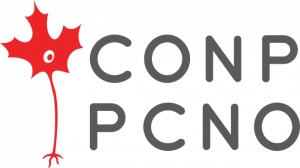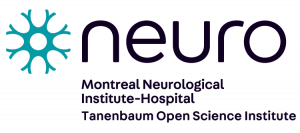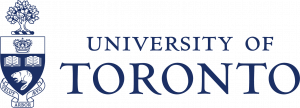
Tools and Resources
Tools and policies to facilitate open data sharing
Document |
Description |
|
This document contains tools and recommended best practices intended to assist neuroscience researchers in obtaining informed consent to data sharing, for the purpose of depositing the data in open access repositories. |
|
|
Global Alliance for Genomics and Health (GA4GH): Consent Clauses for Genomic Research |
This is a template document containing template ICF clauses that can be used as the foundation of informed consent materials to enable the broad sharing of biomedical research data. |
|
Research Data Alliance (RDA) Recommendations and Guidelines |
This is a holistic document that brings together recommendations on enabling data sharing from a scientific, technical, and ethico-legal standpoint. |
|
The Human Cell Atlas Ethics Toolkit contains numerous informed consent form templates that enable the collection of data for sharing in open access and controlled access data repositories. |
Practical information on data de-identification
Document |
Description |
|
Canadian Open Neuroscience Platform (CONP) Privacy and De-identification Toolkit |
This is an assortment of tools, policies, and recommended best practices intended to assist neuroscience researchers in performing the de-identification of data prior to its submission to open neuroscience platforms. |
|
Pan-Canadian de-identification guidelines for personal health information |
The Office of the Privacy Commissioner of Canada has approved these guidelines, which propose methods of assessing whether health data has been sufficiently de-identified to be considered anonymized. |
|
Public Release of Clinical Information – Draft Guidance Document |
Health Canada has issued this guidance document, which proposes de-identification methodologies to enable the public release of clinical trial data. |
Tri-Council Policy Statement II
|
This document establishes the rules that Canadian research ethics committees (RECs) use to determine the ethical rules applicable to federally funded research activities. It also contains rules on how biomaterials and data can be used and reused. |
Information on open science and bioethics
Document |
Description |
|
The Declaration of Taipei is an international bioethics document that establishes ethics rules for the long-term stewardship of biomedical data and the biobanking of tissue samples. The Declaration proposes best practices that enable researchers to maximize the open sharing of biomedical data and of tissue samples, whilst also ensuring the protection of research participant privacy. |
|
|
This document builds upon the human right to benefit from science, recognized in the Universal Declaration on Human Rights. It advocates for a common definition of the term ‘open science,’ and proposes practices and measures to advance open science objectives. |
|
|
This document describes some of the challenges inherent in repurposing research data that was generated for a different original research purpose. |
|
|
This document describes some of the policy considerations that underpin the ongoing transition towards broad consent being used as a default to collect and to govern open data. |
Technical literature on data de-identification
Document |
Description |
|
Introduction to a common approach to assessing the identifiability of individual-level health information |
|
|
Technical introduction to a common approach to assessing the identifiability of group-level health information |
Technical tools and policies to facilitate data de-identification
Document |
Description |
|
This is a guidance document that establishes procedures and practices to help mitigate or eliminate the risk of individual-specific data being released in public data releases of statistical aggregates and other outputs that are derived from the processing of individual-level data. |
|
|
This is a guidance document that provides techniques, tools, and conceptual approaches to enable institutions to assess the risk of data. |





